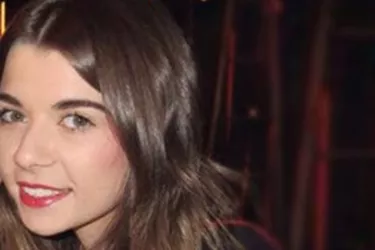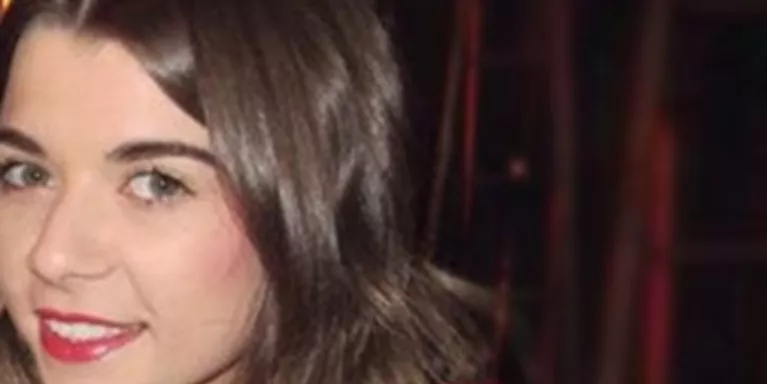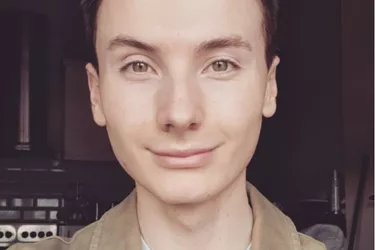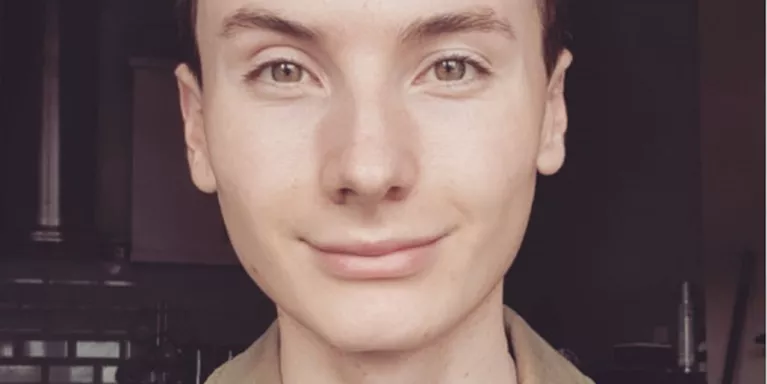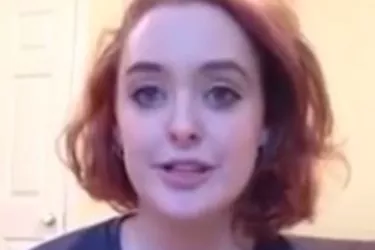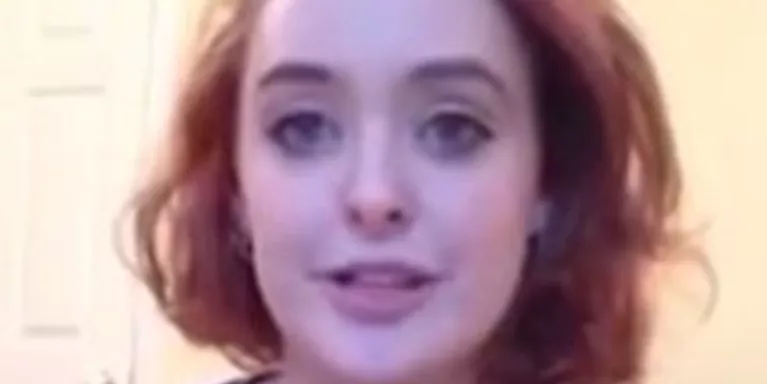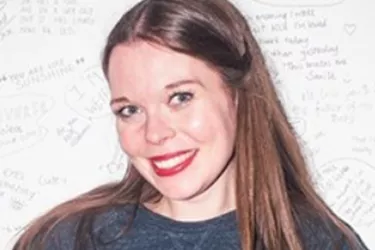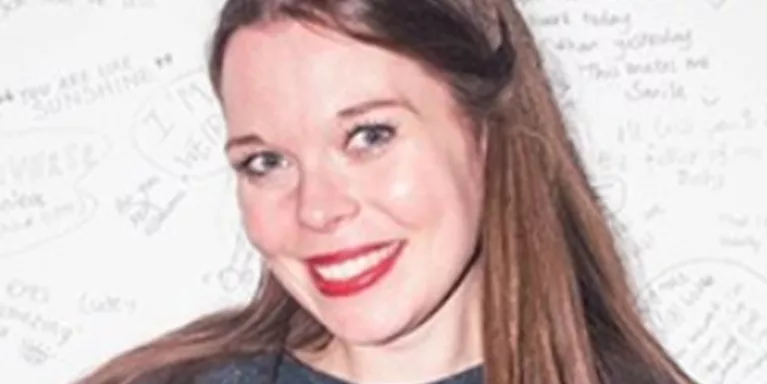Talking about eating problems
You know that amazing feeling when someone says something that sums up a thought or feeling that you’ve been unable to describe?
It can make that thing suddenly make sense. And if it’s something that you’ve been struggling with, that can be an enormous relief.
Well for me that happened while being filmed for Mind’s Talking about eating problems video.
It was Christmas last year when Mind asked me to be involved. If I’m honest it was a weird time for me as I’d only just been referred to have my assessment for treatment of my eating disorder. Before that I hadn’t been medically diagnosed with anorexia. In fact I’d never seen a doctor about it because I was scared I wasn’t ‘anorexic enough’. I’d never gone days on end without eating, I’d never fainted or been fed through a tube. I was scared I wouldn’t ‘qualify’ as anorexic, that I wasn’t ‘good enough’ at it. And it sounds weird, but that was important to me.
I was also scared because I wasn’t sure I was ready to give it up. No one likes change, especially something so personal. For me anorexia was a perverse comfort blanket. Over the past 9 years I’d clung to it. I’d relied on it to be always there, playing in the background - sometimes loud sometimes quiet but always there. It took over everything, became my identity.
I’d never been cool, or sporty or popular at school but now I had an identity label, a ‘thing’ that described me. It was an obsession that became an addiction. It was a game – counting calories, counting ounces, pounds, stones, exercising, seeing how far I could go without eating.
When I was winning I LOVED my little game - it gave me a huge buzz. I felt successful, invigorated, excited. When I was winning I was top of the world. If I could lose weight, restrict and take control of it I could do anything...I thought. But I’d begun to lose.
Slumped into depression and it slowly wore me down. I got brittle bones, heart problems, blood abnormalities and kidney pains. I’d have to get rid of it before it got rid of me.
So, here I was to try and explain all that on film...easy! I had a mix of emotions when I arrived at the shoot. I was welcomed in and introduced to the others. Olivia, Lilith and Shaista were lovely. We were mic-ed up and shown through to the set - a living room with a bare table, 4 chairs, 3 big cameras, lights and loads of crew milling around. As soon as we began talking though that melted away.
I learnt more in those couple of hours than I could’ve imagined. On the video you can see how I intermittently began shouting ‘YES’ - it was liberating and engrossing to hear everything begin to make sense. Olivia, Lilith and Shaista made what for me, was inexplicable, obvious. They found the words to explain I’d been unable to grasp. Olivia called her condition ‘restrictive eating disorder’. She said that calling it that made her feel less in competition with herself, it helped her feel less like a fraud when she binged. It summed it up perfectly. It gave a label to something that I’d thought but couldn’t describe.
Watching it back makes me realise how far I’ve come already. A week after the video was shot I was given an official diagnosis of anorexia. I was referred for a 20 week course of therapy which started in the New Year and has really helped. Of all therapy though, nothing compares to hearing those first-hand experiences from Shaista, Olivia and Lilith.
The conversation we had that day gave me some great insights into myself that I wasn’t expecting. It also made me realise what I was going through was normal because other people were going through it too. I think whether you yourself are struggling with your eating, or you’re worried about someone else, watching our conversation will help you get a better understanding too. Maybe it will even help you start your own conversation which, in case it isn’t obvious, I can wholeheartedly recommend.
Watch Dave's video


Information and support
When you’re living with a mental health problem, or supporting someone who is, having access to the right information - about a condition, treatment options, or practical issues - is vital. Visit our information pages to find out more.
Share your story with others
Blogs and stories can show that people with mental health problems are cared about, understood and listened to. We can use it to challenge the status quo and change attitudes.










